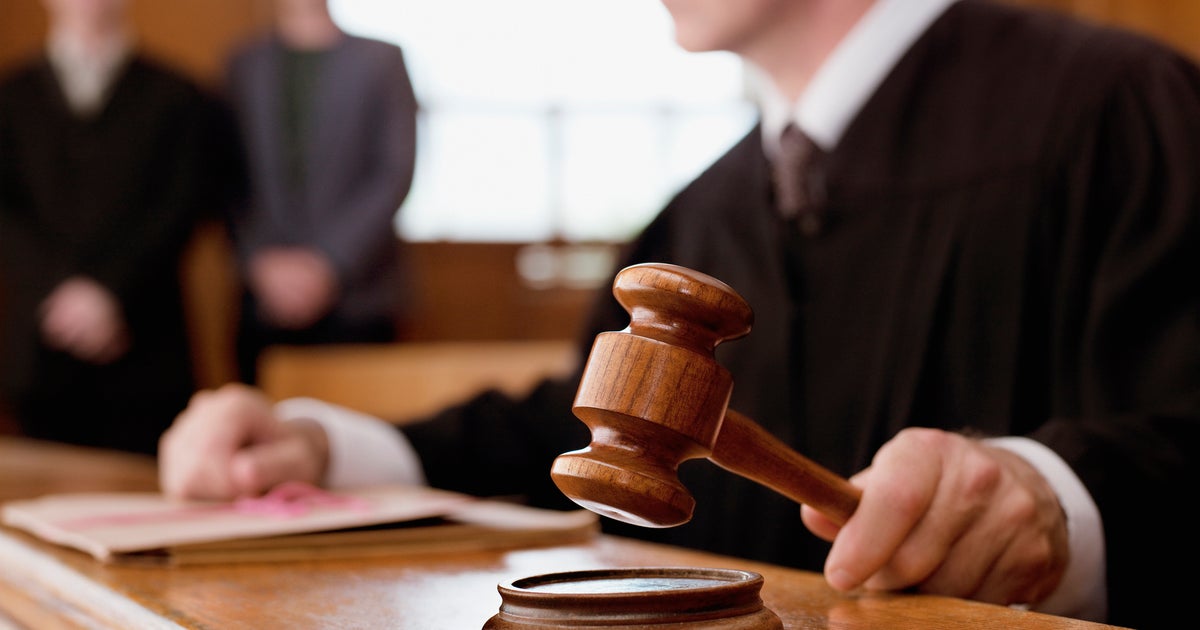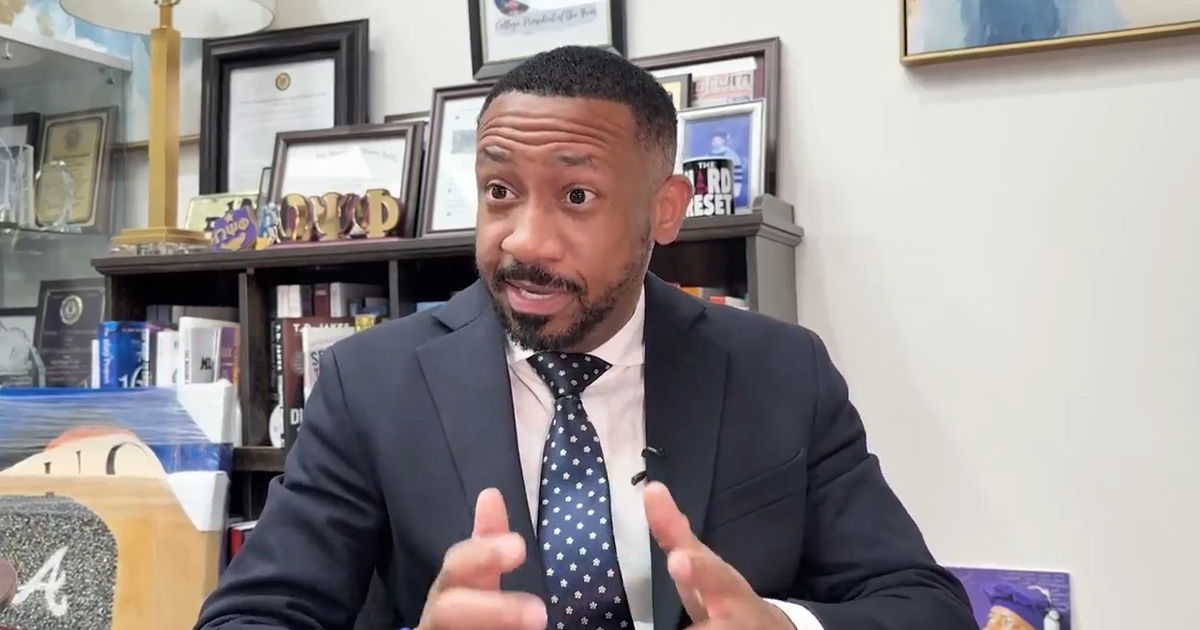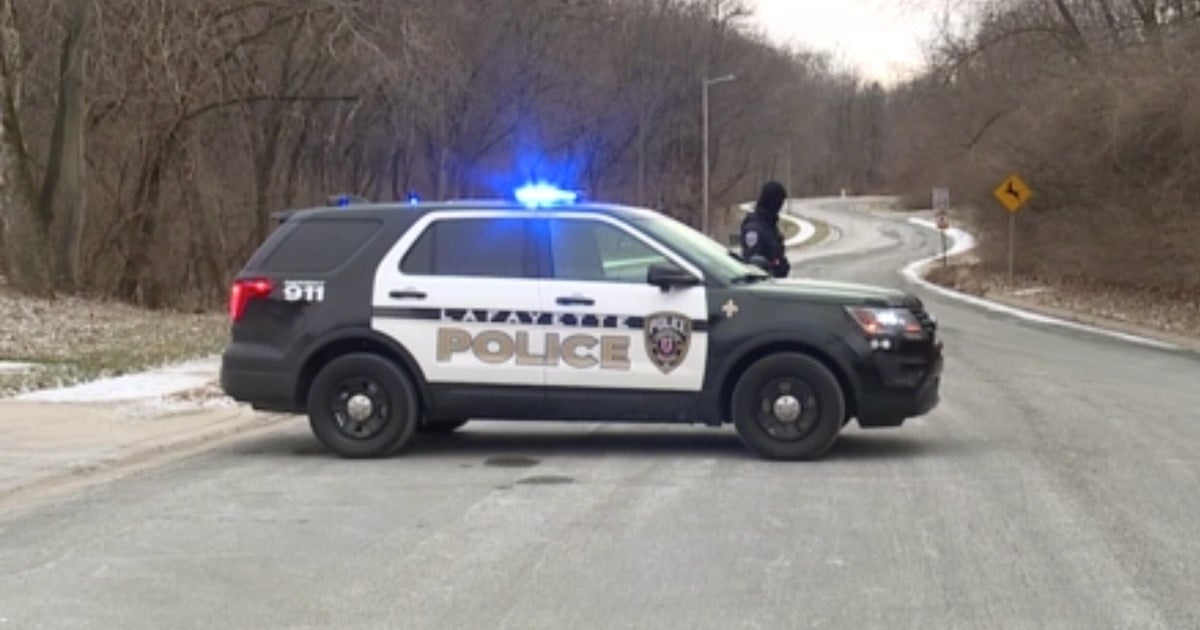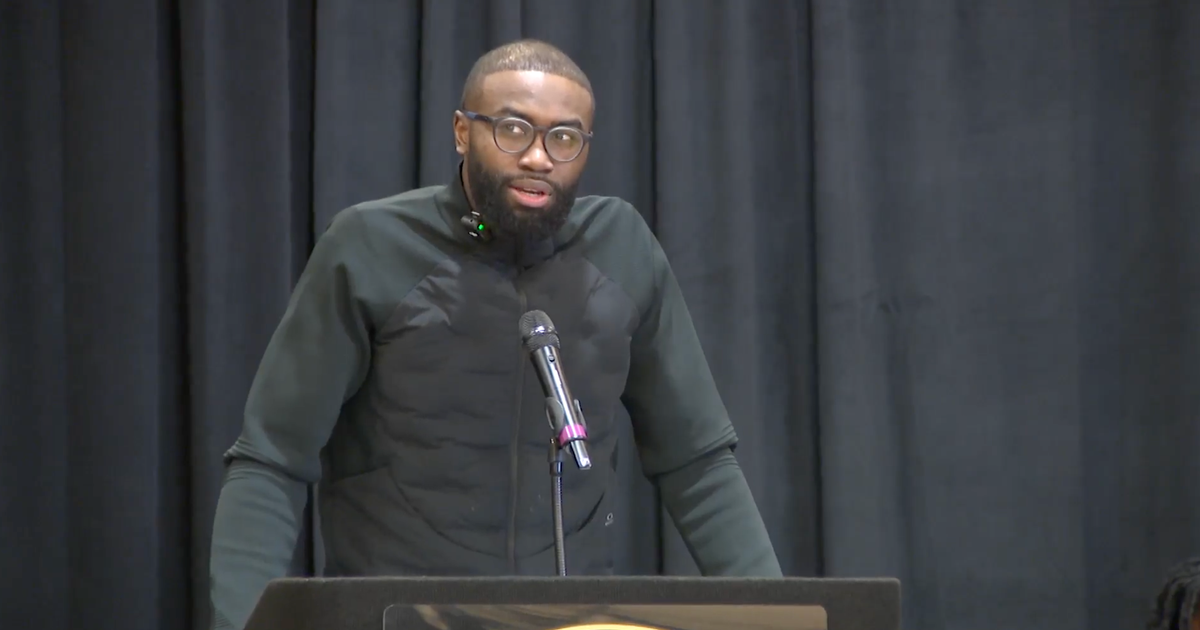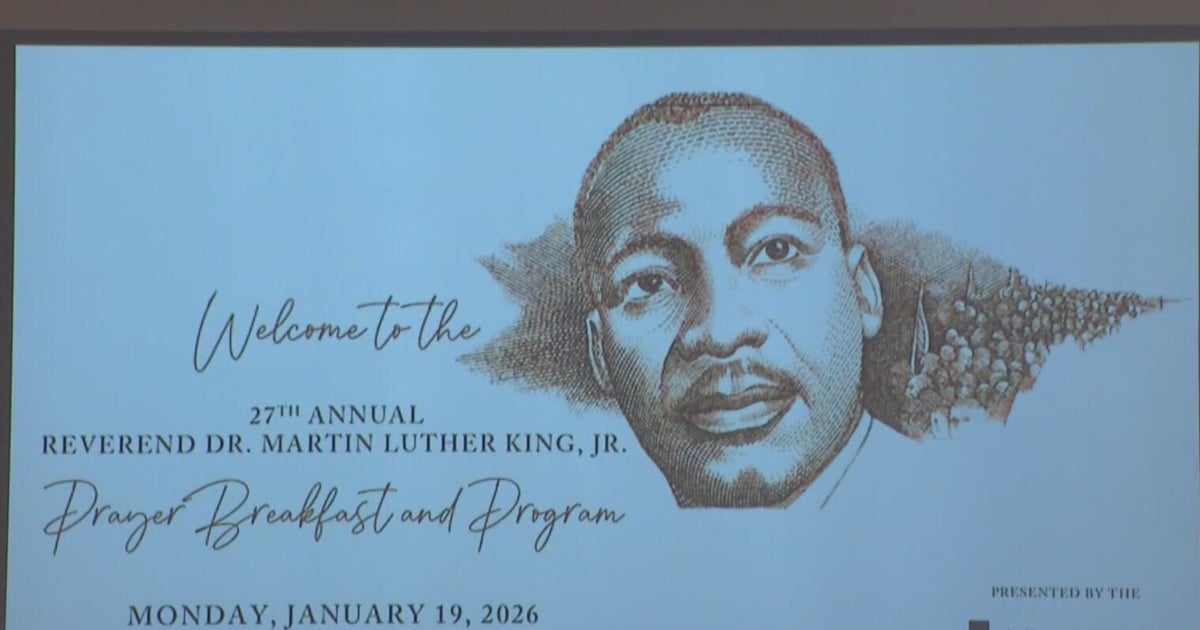Miami Palmetto Senior High grad Ketanji Brown Jackson sworn in as Supreme Court justice
MIAMI – History was made Thursday when Ketanji Brown Jackson was sworn in as an associate justice of the U.S. Supreme Court.
Jackson is the first Black woman to serve on the Supreme Court.
She replaced Justice Stephen Breyer, who officially retired Thursday.
Jackson graduated from Miami Palmetto Senior High School in Pinecrest in 1988 and was class president and a member of the debate. Fellow students said she inspired them.
CBS4's Peter D'Oench spoke with Harold Pryor, who is the first Black state attorney in Broward and the first Black man to be elected as a state attorney in the state of Florida. He praised the choice of Jackson as an associate Supreme Court justice.
"She is an upstanding individual and is ethical and humble," he said. "She is a trailblazer to be named with the likes of Thurgood Marshall. He reputation is a very positive one. She was an outstanding stellar attorney in every aspect and was a federal public defender. I have a sense of pride and joy not just for black Americans but for all Americans to see how this country is progressing and how we are being diverse in every aspect of our legal institutions in the United States of America. I think it is a great moment for all of South Florida to have someone who is home grown and from our community to be in the highest court in the land."
During her swearing-in ceremony, Jackson recited two oaths required of Supreme Court justices, one administered by Breyer and the other by Chief Justice John Roberts.
She joins three women, Justices Sonia Sotomayor, Elena Kagan and Amy Coney Barrett – the first time four women will serve together on the nine-member court.
President Joe Biden nominated Jackson in February, a month after Breyer, 83, announced he would retire at the end of the court's term, assuming his successor had been confirmed.
The Senate confirmed Jackson's nomination in early April, by a 53-47 mostly party-line vote that included support from three Republicans.
She has been in a sort of judicial limbo ever since, remaining a judge on the federal appeals court in Washington, DC, but not hearing any cases.
Biden elevated her to that court from the district judgeship to which she was appointed by President Barack Obama.
Jackson will be able to begin work immediately, but the court will have just finished the bulk of its work until the fall, apart from emergency appeals that occasionally arise.
That will give her time to settle in and familiarize herself with the roughly two dozen cases the court already has agreed to hear starting in October as well as hundreds of appeals that will pile up over the summer.
Last April after she was confirmed by the Senate, Jackson called her appointment an "honor of a lifetime" to be able to serve on the Supreme Court.


